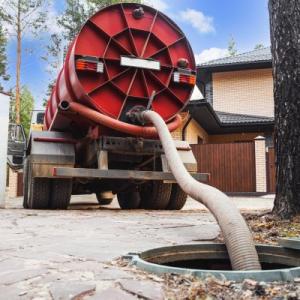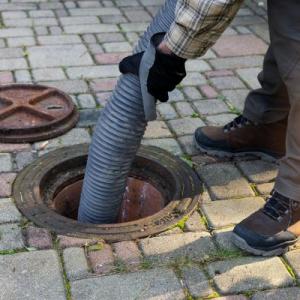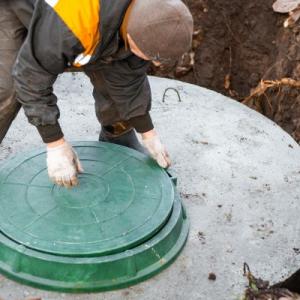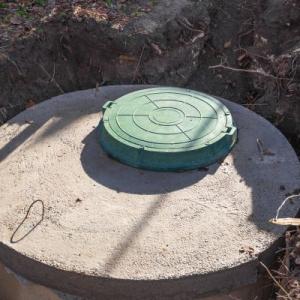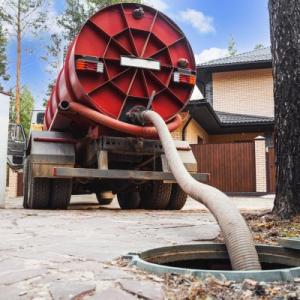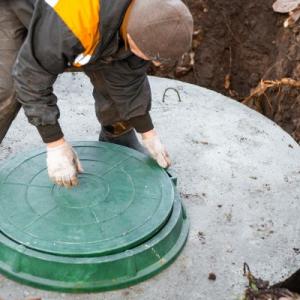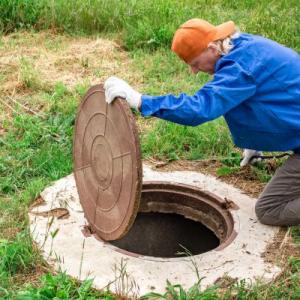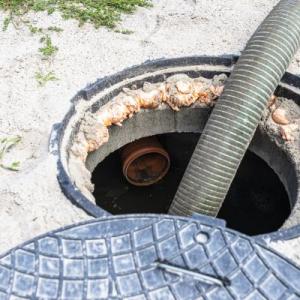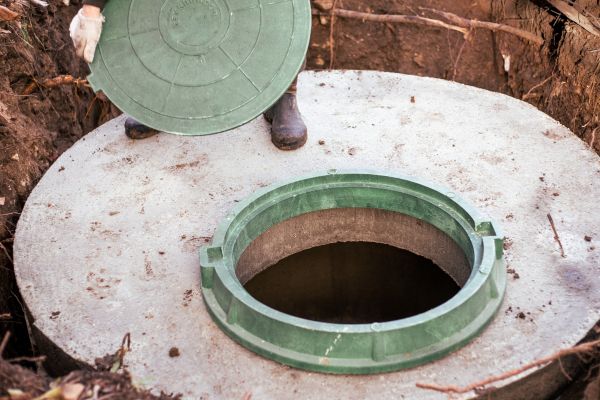
Septic System Inspection: Lewes
Septic System Inspection in Lewes
Get help with Septic System Inspection in Lewes. Fill out the form above and we will connect you with local Lewes pros. Getting a septic system inspection can offer numerous advantages for homeowners. This thorough assessment helps ensure the proper functioning and longevity of the septic system, minimizing the risk of costly repairs or replacements down the line. By identifying potential issues early on, a septic system inspection allows homeowners to address any necessary maintenance or repairs promptly, preventing further damage and potential health hazards. Moreover, regular inspections can help optimize the performance of the septic system, leading to increased efficiency and reduced environmental impact. Overall, a septic system inspection provides peace of mind, knowing that your system is functioning properly and minimizing the chances of unexpected and expensive septic system failures.Septic System Inspection FAQ
Q: How Often Should A Septic System Be Inspected?
Answer: A septic system should be inspected at least once every three years to ensure proper functioning and prevent potential issues.Q: What Are The Signs That Indicate A Septic System Inspection Is Necessary?
Answer: Some signs that indicate a septic system inspection is necessary include slow drains, foul odors, pooling water, sewage backup, and unusually green or lush grass near the drain field.Q: What Does A Typical Septic System Inspection Involve?
Answer: A typical septic system inspection involves a thorough examination of the tank, drainfield, and other components to assess their condition, check for leaks, measure sludge and scum levels, and ensure proper functionality.Q: Are There Any Specific Maintenance Tasks Homeowners Can Perform To Prolong The Lifespan Of Their Septic System Between Inspections?
Answer: Yes, homeowners can perform specific maintenance tasks to prolong the lifespan of their septic system between inspections. Regularly pumping the septic tank, conserving water usage, avoiding flushing harmful substances, and maintaining the drain field are some key tasks that can help extend the longevity of the septic system.Septic system inspection is a crucial process that involves assessing the condition and functionality of a septic system. It is typically conducted by a professional who specializes in evaluating septic systems. During the inspection, the expert examines various components of the system, such as the tank, drain field, pipes, and fittings, to ensure they are working properly. The inspection also includes checking for any signs of damage, leaks, blockages, or other issues that could affect the system's performance. Regular septic system inspections are essential for identifying potential problems early on and preventing costly repairs or system failures. Property owners should schedule inspections periodically to ensure the proper functioning and longevity of their septic systems.
